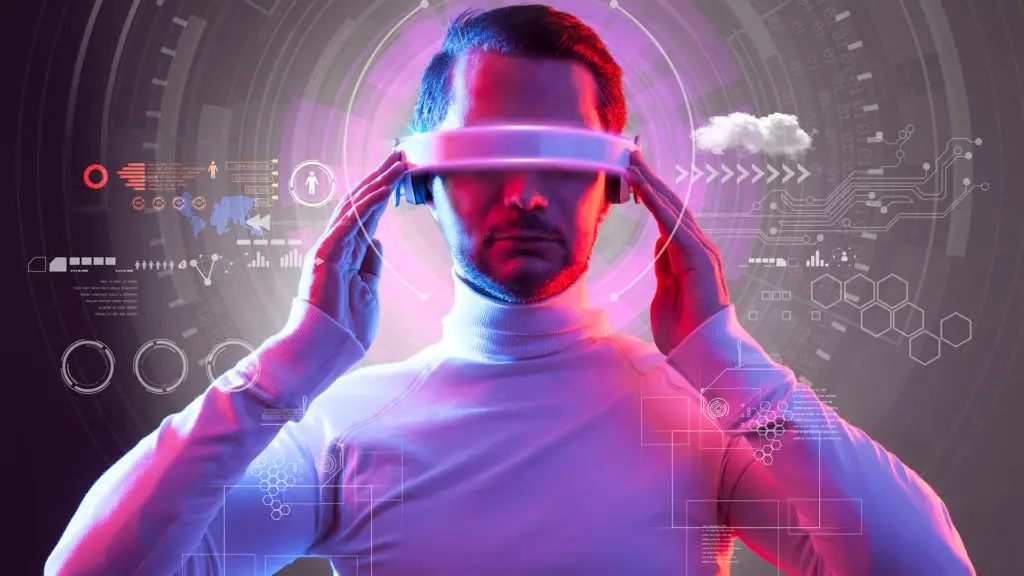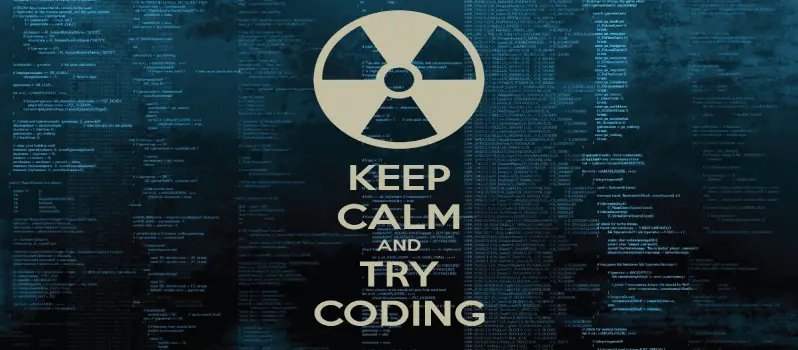You are probably already using AI without even knowing it! You must have scrolled through the recommended products while shopping from any online shopping site, or used Google, Alexa, or Siri voice assistants, or in fact, watched a suggested movie on Netflix. As such, you are already part of AI or put the other way, AI is already a part of you.
Big names in the tech industry like IBM, Google, Microsoft, and Apple have made a big leap and are already integrating AI in their products. In a study, 54% of executives that were interviewed agreed that the AI solutions implemented in their businesses have increased productivity. On the other side are start-ups that are putting their investments in the development of AI-powered technology and are an important part of the shift to AI that the world is experiencing today.
The Growth of AI

After 1956 when the term ‘Artificial Intelligence’ was first coined, AI has grown to be the technology that businesses are leveraging alongside big data to increase their productivity. As was predicted by IDC, global data would increase 61% to 175 zettabytes by 2025 as the AI industry grows to a worth of $190 billion by the same year. AI will penetrate all if not most of the world’s industries including healthcare, manufacturing, surveillance, cybersecurity, and entertainment which are already benefiting hugely from this technology.
This is how fast AI technology is evolving and someone has taken his/her AI courses seriously just to bring it closer to you. Never mind AI is yet to explode because right now, AI experts say that it is still in its early stages.
One of the greatest concerns, however, is that as the adoption of automation and AI increases certain job roles will be made obsolete and this will force many out of employment. It is true that some roles, particularly repetitive-oriented ones, will be eliminated or restructured. However, AI will also create new job roles which will cause businesses to restructure and retrain manpower. 75% of organizations in the US are adopting reskilling employees to bridge the skills gap created by AI adoption.
List of Top AI Roles in the Industry
As AI adoption increases across industries, new job roles are being created to actualize this technology. A report by Indeed indicates that AI and ML related jobs increased almost a hundredfold between 2015 and 2018. Other newer roles will certainly come up in the future as this field matures.
However, job roles like the ones listed below have been in high demand in the early stages of AI.
1. Machine Learning Engineer
A machine learning engineer designs and builds ML systems and applications. They should have knowledge in coding, data and predictive analytics, statistics and algorithms, and deep learning.
2. Data Engineer
A data engineer develops, builds, tests, and maintains data systems. They work hand in hand with data scientists as they are the ones that build the systems that data scientists work within their roles.
3. Data Scientist
A data scientist collects, sorts, cleans, analyzes, and interprets data to draw meaningful insights that will help a business make decisions. A data scientist must be well versed with big data, programming, machine learning, statistics, data mining, and data analytics.
4. Computer Vision Engineer
Computer vision is a subset of AI in which computers are programmed to interpret and understand digital images and videos. A computer vision engineer is responsible for developing and implementing image processing and computer vision algorithms. These professionals are well familiar with image recognition and machine learning.
5. AI Developer
An AI developer is charged with the role of maintaining, enhancing, and implementing AI solutions to systems. An AI developer should possess programming, machine learning, and Natural language processing skills among others.
6. Developer Consultant
An AI developer consultant’s role is to help clients by developing and implementing AI systems to solve specific business problems and conduct training sessions to aid faster adoption. An AI developer consultant should be skilled in application development, programming languages, data science, and cloud computing.
7. Algorithm Developer
An algorithm developer designs, develops, and tests algorithms for specific use cases in natural language processing, machine learning, and artificial intelligence.
Who is an AI Developer?
An AI developer uses AI and programming technologies to provide business solutions. He/she designs, develops, deploys, tests, and maintains AI-powered systems and applications. An AI developer should have a good knowledge of AI basic concepts and ML principles.
How to Become an AI developer
While it is possible to acquire AI developer skills without formal education qualifications, most recruiters will include a bachelor’s degree in computer science, data science, or computer engineering as a qualification.
An AI developer is naturally curious and creative because he is always required to spot problems (even the very complex ones), break them down, and come up with solutions for them.
1. Lay Foundation with some Math

At the very least, you need to have a foundation in applied mathematics and statistics. To be good in ML you need linear algebra and to learn neural networks you need a foundation in calculus. While at it, take time to familiarize yourself with probability and algorithms because you will need these to grasp AI models.
If you are good at analysis and problem solving, you should get past this stage without much trouble.
2. Build your Programming Skills

Programming languages such as Python, C#, C++, or Java are commonly used by developers. Each language has its own advantages and suitable applications, for instance, learning Python would be a good idea if you want to create algorithms. However, try to have knowledge of at least two or three programming languages.
3. Acquire other AI Technical Skills
- Mathematics including calculus and linear algebra
- statistics and probability
- Data modeling and big data
- AI, NLP, DL, ML, and recurrent neural networks
4. Stay Updated with the Latest AI Developments
AI is evolving and a developer needs to know where the tech industry is headed by keeping tabs of what is happening. Participate in forums and conferences. Be an active member of an online community. Sign up for newsletters. Read blogs by industry experts.
5. Read Books and Resources to Build Knowledge
There are plenty of these. Google Big Table, Google File System, and Google Map Reduce are very informative papers that you can take advantage of.
6. Take up Training
Apart from the many tutorials available online, register for a basic certification training course in AI and work your way up as you specialize.
7. Get Down to Doing Something Practical
Access valuable AI resources from open-source libraries for Google, Microsoft, IBM, Python, and others. Usually, they have frameworks like Google’s TensorFlow that you can work with. To sharpen your skills further, pick one open-source project to work on. There are plenty of free videos and tutorials to help you get through and just in case you need help, the AI developers’ communities will come in handy.
8. Have an End in Mind
Even after you have narrowed down to pursue a career in AI development, you still have a choice to work in a specific industry that interests you for instance healthcare, entertainment e.t.c. This should help you work on building specific skills that apply to your industry of interest and choosing a relevant software development kit to practice with.
